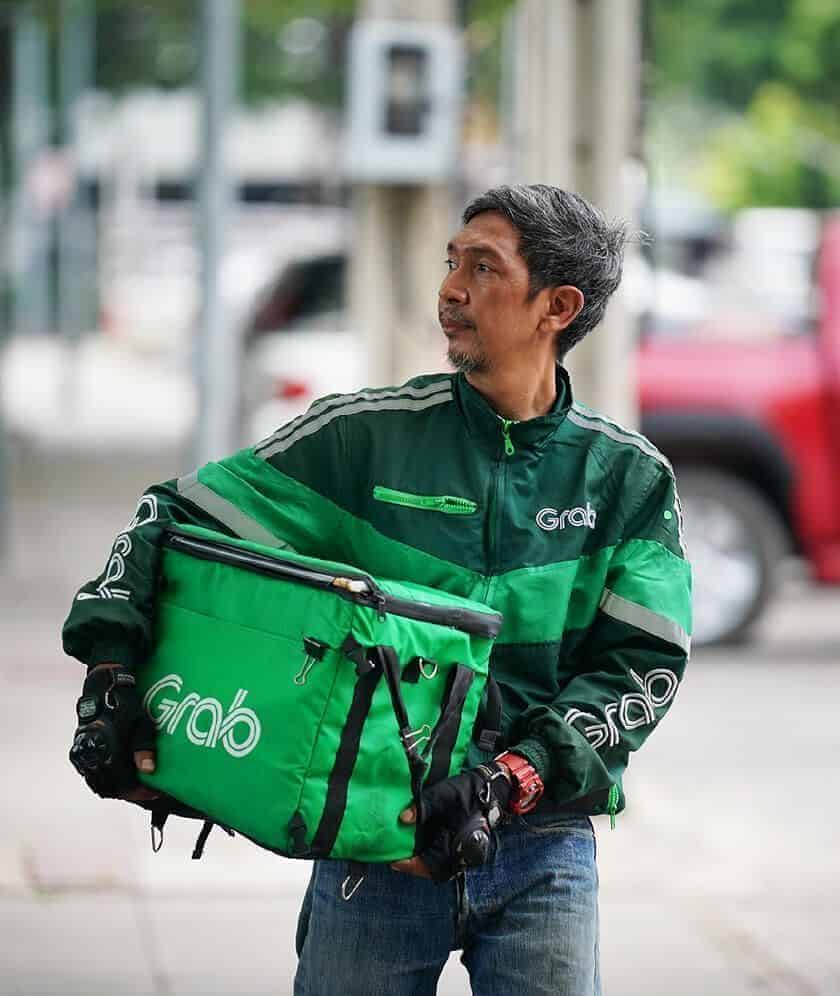
The COVID-19 pandemic has been called “the greatest workplace disruption in generations.” It served as a catalyst that triggered the boiling over of long-simmering frustrations in the workplace. Forty-two percent of Singaporeans are now thinking of quitting their jobs, citing stress, heavier workloads, burnout, and isolation.
But it need not be this way. Preventing the Great Resignation in Singapore can be as simple as investing in organisational culture. Seventy-seven per cent of employees say organisational culture is important for them to do their jobs – in fact, it is a major factor for them in picking a company to work for.
While some companies have seen the impact of digitalisation on their company culture as a challenge, at Grab, we have harnessed tools to build a culture of togetherness, reward excellence, and maximise productivity.
There are three areas of focus that helps us build culture through tools: connectedness, convenience, and community.
Connectedness
While the shift to remote and hybrid work decreased in-person meetings, it opened opportunities for digital connection.
How do we encourage connectedness, besides just face-to-face interactions in the office? Previously, we might have written our well-wishes and notes of gratitude on physical cards and send flowers or snacks.
Showing appreciation is now made more convenient through digital channels, such as sending e-cards and e-gifts via GrabGifts for Grabbers who go above and beyond their job or champion Grab’s 4Hs.
Gifting and meals may seem like small things, but these small things add up to create meaningful connections. A Gartner report for evolving in a hybrid workplace showed that employee culture connectedness can increase just through micro-based experiences that build emotional proximity.
Convenience
Dealing with workplace bureaucracy can feel like death by a thousand cuts! Without some level of convenience and trust, employees may find their time wasted, productivity decreased, and become reluctant to commit to larger or more complex endeavours.
Leaders can strengthen workplace culture by making it easy for employees to do their jobs effectively. Digital solutions, such as the Grab for Business portal, can streamline many administrative tasks employees find tedious.
PiVOT, one of our clients, used the Grab for Business portal to save each of their employees 10 hours a month from their travel and meals reimbursement process. Programmable policies also allow the Grab for Business portal to bypass approvals, saving managers time from reviewing and approving claims.
Community
As hybrid work becomes the norm, companies need to be more intentional about opportunities to create community.
Hybrid does not necessarily mean remote work. It means giving employees the choice and autonomy to manage their productivity, regardless of where and when they work.
At Grab, we are a workplace-first company. Whether working from home or onsite, we guard our culture and give our people a sense of belonging through trust, community, and psychological safety.
If we want to get people back into offices, we must give them a strong reason to do so. We need to add value to office spaces and transform them into a nexus for the community.
Get teams together in spots like the pantry, where they can blow off steam. Stock it up with snacks, beverages, and healthy fruits from GrabMart to fuel community-building conversations. Those at home need not be left out, with virtual team meals and corporate lunches easily catered via GrabFood.
Consistency
Thoughtful touches to increase connectedness, convenience, and community have helped us build a strong company culture at Grab. I would add the last C: consistency. Whether the employee works from home or onsite, is a new joiner or a veteran, their company culture experience should be consistent throughout their journey from day one.
This commitment is one of the reasons why we’re one of the best companies in Singapore to grow your career.
Interested in applying these best practices to build your company culture? Contact us now.

